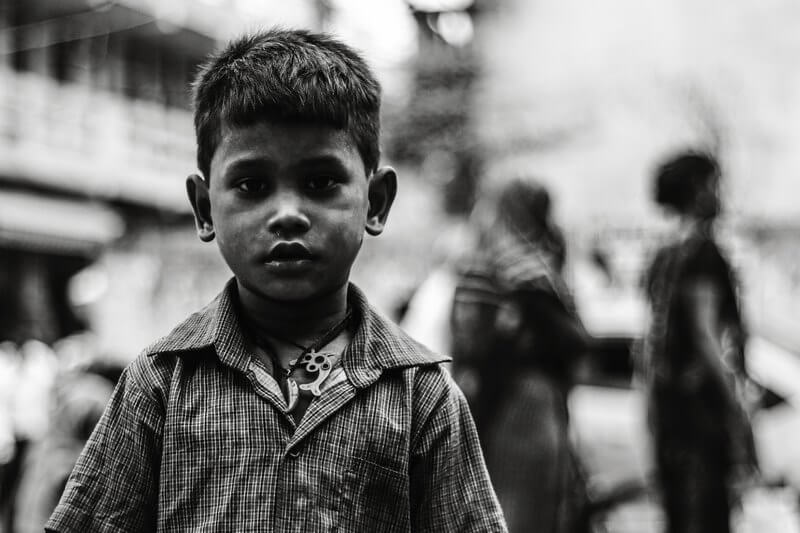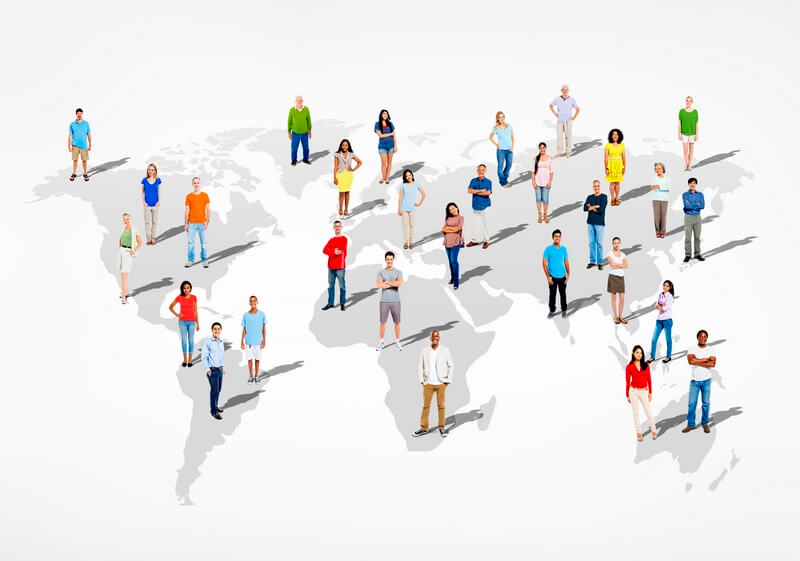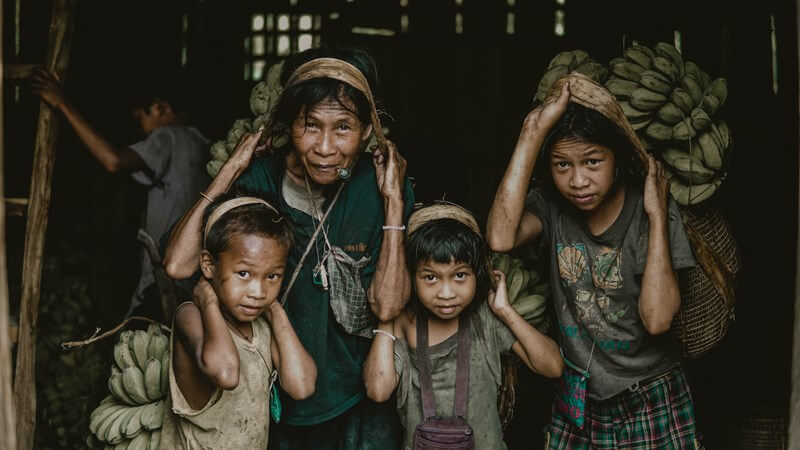
Economic Stability as a Preparedness Predictor
Does having more money matter in how well a country prepares for disasters? Recently, in researching countries that excel in disaster preparedness, I came across a YouTube video called, Which Countries Can Survive Major Earthquakes? Uploaded in 2016 by the content creator, Now This World, it explains why some countries are better at rebounding from earthquakes than others. It says that countries like Chile and Japan do well because they have the economic means to implement complex disaster planning.
Chile and Japan are two countries I admire for their preparedness efforts. So this got me thinking, is there something to the video’s claim? They assert that only wealthy nations have the means to prepare. Now, I’m not knocking the stance that money makes a difference in a country’s disaster resilience. However, I wonder if it is entirely accurate.

Wealthy Nations vs. Poor Ones
On the face of it, Now This World has a point. It appears that nations with access to economic resources do better planning. In the video, Now This World says the 2010 Haitian Earthquake as an example of a country that experienced a similar event but could not rebound like Chile or Japan. The reason cited is that the island nation is one of the poorest in the world.
I know that wealthier nations are more likely to spend their GDP on disaster preparedness to protect lives and infrastructure. This reasoning is logical, as countries with greater access to expendable assets have more to invest in disaster preparedness. What I question is whether it is the money itself which makes the difference. Or, is is the investment in building a preparedness culture that matters.
If you are interested in learning more about the impact of recent events globally, I invite you to read my blog, Natural Disasters – Five Year Review.

Cultural Togetherness
Is it possible that a nation could be lacking in capital assets and still be prepared to respond to disaster events? I believe it is possible. While working in this field, I have participated in many full-scale exercises and emergency response activations. What mattered more than the expensive exercise scenarios were the connections I made with my fellow emergency personnel. Sitting around tables with the right people in your community to plan for disasters does more than engaging in costly simulations. It has a greater impact than expensive planning guides, consultants or tech.
From my experience, money is not the sole determining factor in whether a people or nation is resilient. Instead, I believe communities that focus on preparedness are the ones that continually survive disaster events. For disaster preparedness to become a resilience culture, nations must come together to plan and practice. Admittedly, money does help to get people to the table, and it can leverage helpful tech, as well as expertise. It does not keep them together and coming back year after year, though, building a shared culture does.

All Disasters Are Local
I am blessed to live in a nation with access to abundant resources. With all of our wealth, I would not say that we are the best prepared. Money has gone a long way to helping the US to anticipate and respond to frequent crisis events. However, it has not helped us to create a nation-wide culture of preparedness. Most of our communities are fractured, doing much less to prepare themselves for disasters than citizens in countries like Japan or Chile.
The Our World in Data site has a graph that shows the correlation between extreme poverty and deaths due to catastrophic environmental causes. So, do not think I am overlooking the factor that having resources plays in disaster planning. What I am saying is that money alone is not determine a country’s preparedness. Instead, nations that use the people and economic resources they have to build a culture of togetherness are best qualified to recover effectively. They leverage their will to create an influential disaster culture.

The Future Is Now
In a world of ever-increasing disaster events, I believe our ability to respond successfully lies in building disaster-resistant communities. We need to step up and engage people at the local level, giving them access to low and high tech planning tools. In my blog, Ten Inspirational Ted Talks for Disaster Professionals, I highlighted innovators who stress that their ideas do not necessarily mean more money but working smarter and collaboratively.
The crux of the disaster preparedness issue is not in how much money we can throw at the problem. Some believe that only money matters in disaster preparedness. Instead, how well we can convince people to plan for themselves and others around them is what matters most. We will succeed if we can effectively convey knowledge and transfer it to local problem-solving. As much as individual survival planning helps, societies are not rebuilt alone.

Community Connectedness
As I mentioned in my blog, Top Three Crisis Events Of 2019 So Far, I am mindful that personal reactions to crisis events can drive responses to an incident. A well-prepared community helps more people to recover than individuals on their own. They do this by supporting the strongest to prepare to help the most vulnerable. In the best cases, the most vulnerable have a seat at the table to help the entire community close gaps before a crisis. Even the most impoverished places can plan, with support and guidance.
So, does money matter in disaster preparedness? The best examples of countries who do disaster preparedness well are ones like Chile and Japan that have made it a priority. Yes, they have put money towards building a disaster infrastructure. However, it is the development of a prepared community that helps them overcome the worst events. If we want to see more communities able to overcome disasters, we should give them the tools to prepare for themselves.
To achieve this takes transferring knowledge and building expertise. It does not require significant dollars but harnessing the will to build resilient communities. We need to develop communities confidence that they can manage their disasters locally. Let me know what you think of this blog; I look forward to your comments.
